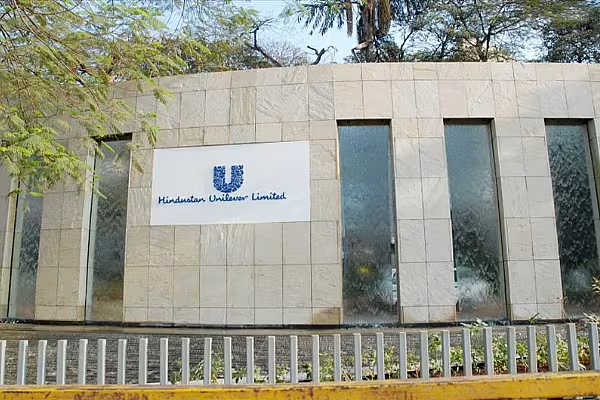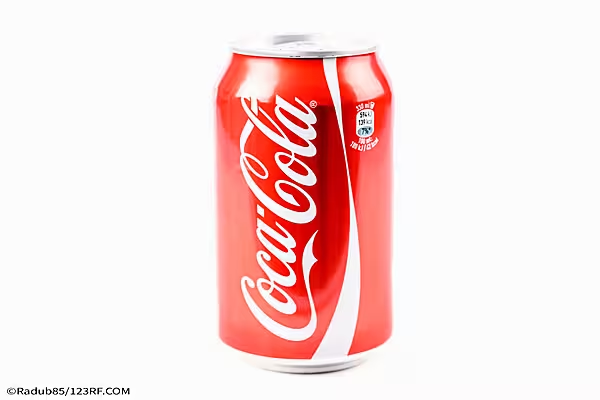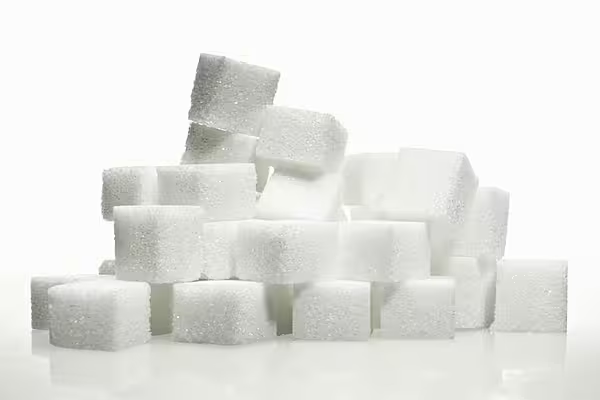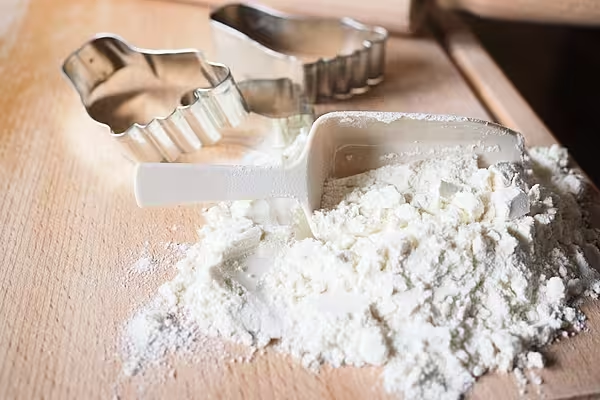Hindustan Unilever, the Indian arm of UK's Unilever, posted a bigger-than-expected fall in quarterly profit, but indicated signs of a much-anticipated sales recovery in rural areas.
Branded consumer goods giants have struggled to drive sales in Indian villages over the last several quarters due to persistently high inflation and, more recently, as competition from local labels strengthened due to easing commodity costs.
Lower prices of select raw materials have also allowed a few of Hindustan Unilever's brands as well as that of peers such as Saffola-owner Marico to cut prices and stay competitive.
Recovery In Rural Demand
"(Rural) recovery has started to happen already," said Ritesh Tiwari, chief financial officer, Hindustan Unilever. "With a good monsoon outlook that we have got ... and improving macro, we should see the recovery to continue and further accelerate."
The upbeat comments came even as analysts have maintained that a recovery in rural demand would come to fruition only in the second half of the financial year, beginning October.
However, Hindustan Unilever's financials remained under pressure in the March quarter.
Quarterly Highlights
Hindustan Unilever said its profit fell nearly 6% to 24.06 billion rupees (€270 million), missing estimates of 24.44 billion rupees (€270 million), according to LSEG. Sales rose marginally to 146.93 billion rupees (€1.7 billion), with revenue in a key business, beauty and personal care, declining 2.7%.
Shares in Hindustan Unilever declined 15% in the March quarter, against the roughly 5% drop in the Nifty consumer goods index.
Separately, Hindustan Unilever, which does not sell baby food but houses Horlicks with which it targets children, said its 'mindfully crafted' portfolio complies with the strictest standards in India.
Peer Nestlé India came under fire earlier this month on media reports that its Swiss parent allegedly used high levels of sugar in baby foods in developing countries.











